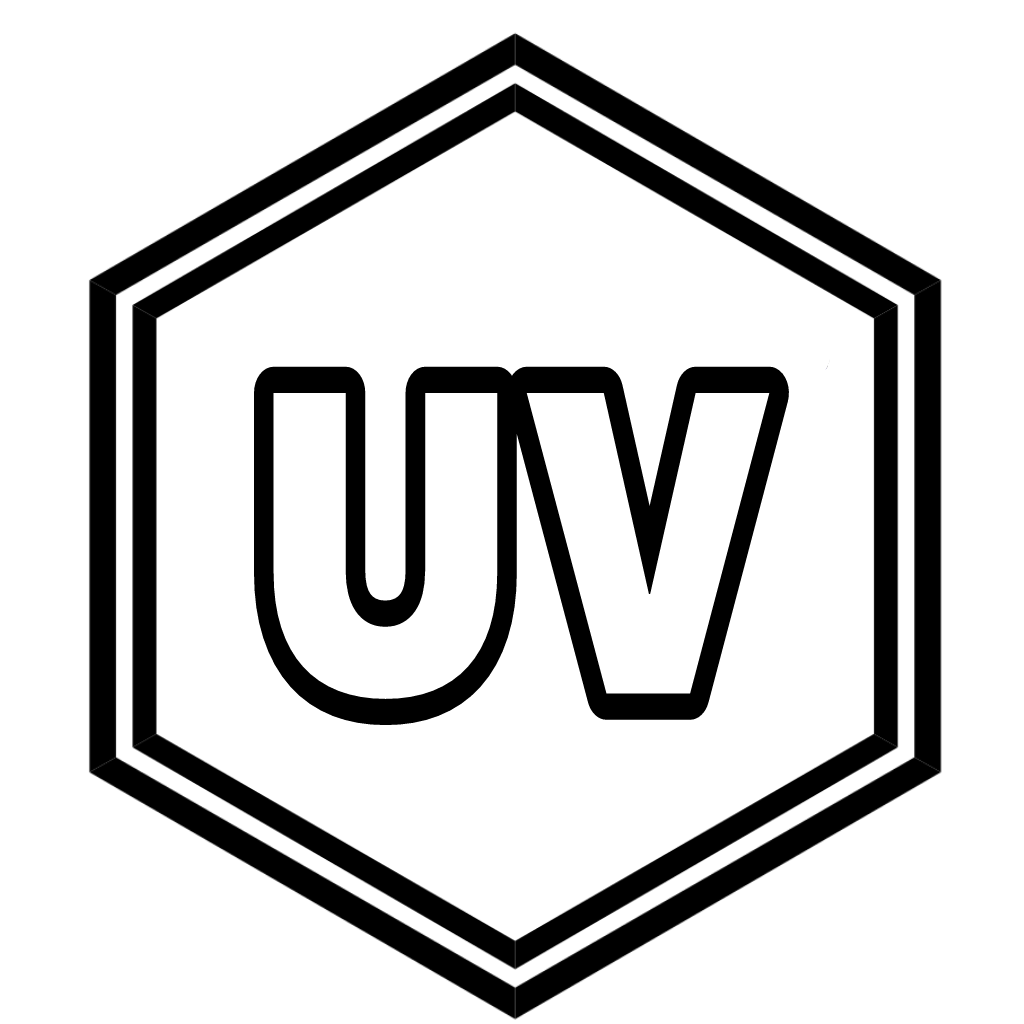Centralized validation policy controller over multiple deployments.
This prevents the cost of :
- Implementing the validation for same set of objects in multiple subsystems.
- Re -coding, re-compilation and re-test on policy change.
- Re-deployment and non-zero downtime of upgrading.
- jquery : https://jqueryvalidation.org/
- node : https://www.npmjs.com/package/validator
| key | jquery | java | nodejs |
|---|---|---|---|
| required | ok | ok | |
| min | ok | ok | |
| max | ok | ok | |
| minLength | ok | ok | |
| maxLength | ok | ok | |
| ok | ok | ||
| url | ok | ok | |
| equalTo | ok | ok | |
| oneOf | ok | ok |
- create validation.json and declare forms - fields - field rules according to the key convention.
- form-names should be exactly same to the form id s that declared in the html forms.
- field-names should be same as the input id s and attribute names of the java/ javascript classes.
eg:
{
"formRegister": {
"name": {
"required": true,
"maxLength": 10,
"minLength": 3
},
"age": {
"required": true,
"max": 50,
"min": 18
},
"sex": {
"required": true,
"oneOf": [
"male",
"female"
]
},
"password" :{
"required" :true
},
"passwordConfirm":{
"required" : true,
"equalTo" : "password"
},
"email":{
"email" : true
},
"website" :{
"url" : true
}
}
}- So, these rules will be the universal validation rules for the forms, nodejs servers and java backends.
- Host validation.json file in a public server that can be accessible over internet.
- Import jquery(if not imported) and jquery validation in the head of Html.
- Declare form-name and the url for validation.json. Use https://cors.io/? prefix to avoid cross-domain fetching errors.
- Copy paste jquery/test/universal.validator.min.js into root folder and import it.
eg:
<html>
<head>
<script src="https://ajax.googleapis.com/ajax/libs/jquery/3.3.1/jquery.min.js"></script>
<script src="https://cdn.jsdelivr.net/npm/jquery-validation@1.17.0/dist/jquery.validate.js"></script>
<script type="text/javascript">
var formName = "formRegister";
var url = 'https://cors.io/?http://nilankamanoj.tk/universal-validator/validation.json'
</script>
<script src="./universal.validator.min.js"></script>
</head>
<body>
<form id="formRegister">
<label for="name">name</label>
<input id="name" name="name" />
<br/>
<label for="age">age</label>
<input id="age" name="age" />
<br/>
<label for="sex">gender</label>
<input id="sex" name="sex" />
<br/>
<label for="password">password</label>
<input id="password" name="password" />
<br/>
<label for="passwordConfirm">passwordConfirm</label>
<input id="passwordConfirm" name="passwordConfirm" />
<br/>
<label for="email">email</label>
<input id="email" name="email" />
<br/>
<label for="website">website</label>
<input id="website" name="website" />
<input type="submit" value="Validate!">
<br/>
</body>
</html>- So, form submission is prevented until universal rules are satisfied by the user input.
- Import universal validator to the project. eg :
maven :
<dependency>
<groupId>com.github.nilankamanoj</groupId>
<artifactId>validator</artifactId>
<version>0.1.1</version>
</dependency>gradle :
compile 'com.github.nilankamanoj:validator:0.1.1'- All dependancy addition instructions for other dependancey managemant systems are available at, https://search.maven.org/artifact/com.github.nilankamanoj/validator/
- Initiate the validator instance along with the URL of validation.json.
- Validate object along with the form-name that you have given in the validation.json.
eg:
import model.User;
import com.github.nilankamanoj.Validator;
import java.util.Map;
public class ValidatorTest {
public void test() {
User user = new User(20, "fxxsx", "male", "pass", "passs", "aaaa@aa.com", "https://aaaa.com");
Validator validator = new Validator(
"https://cors.io/?http://nilankamanoj.tk/universal-validator/validation.json");
Map out = validator.validate(user, "formRegister");
System.out.println(out);
}
}- Out of the validator is a HashMap that contains the boolean property of hasErrr that indicates the validity.
- Hashmap contains the error along with the field as the key if hasErr is true.
if(out.get("hasError)){
// handle error
}
else{
//continue process
}